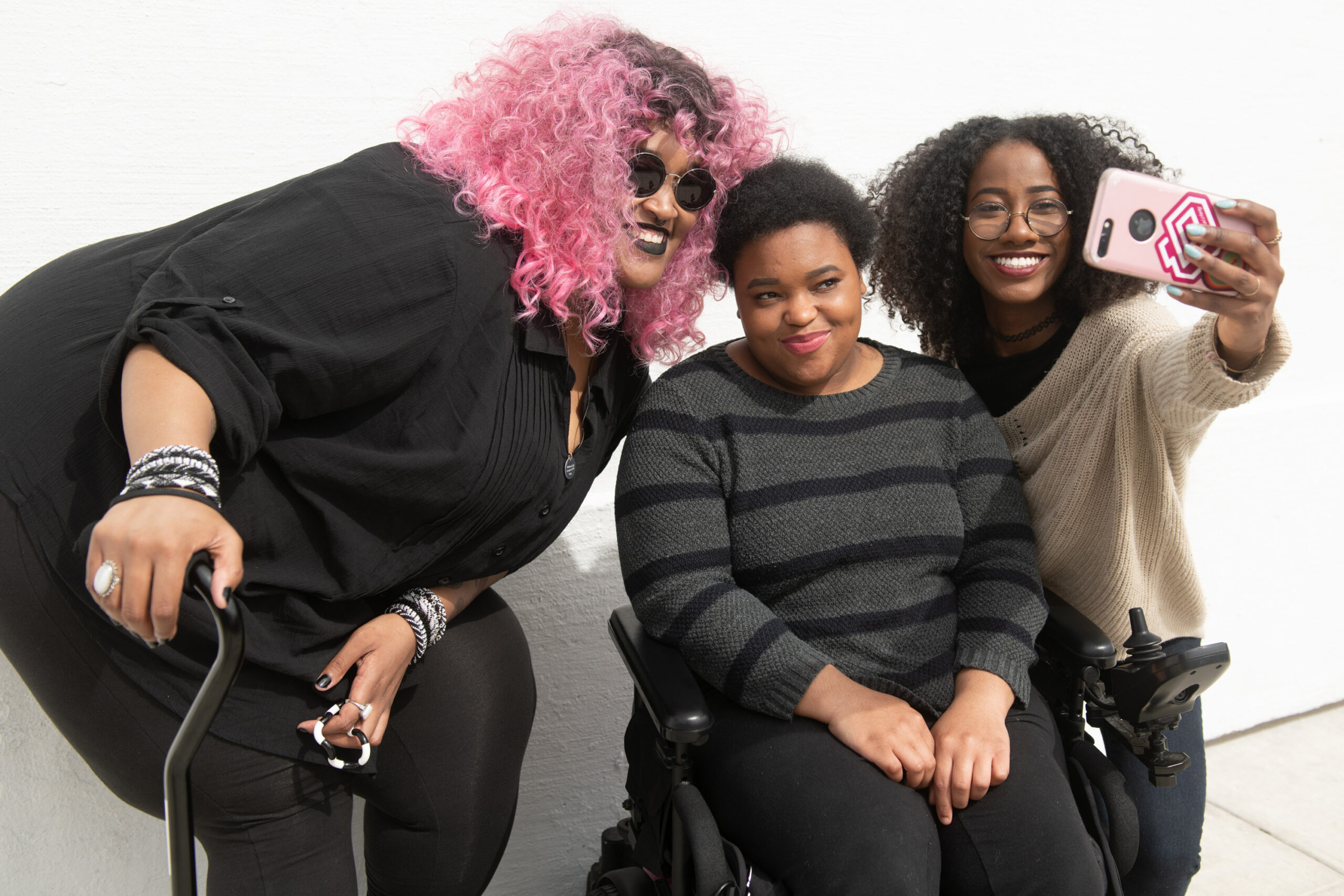
Navigating romantic relationships
Building friendships, romantic relationships, and intimate connections as a young adult with CP can have unique challenges. Friendships and romantic relationships are important for everyone, but people with disabilities, like CP, may face barriers that make building these connections harder.
Sometimes, people assume that you cannot have romantic relationships or be intimate because of your disability. This can make you feel left out or ignored when others talk about relationships. But having CP does not mean you can’t have meaningful, fulfilling relationships.
You may experience feelings of hopelessness about friendships or relationships. This can create a “self-fulfilling prophecy.” When you believe things won’t work out, it can be harder for others to connect with you, and this feeling of hopelessness can make it harder to see positive moments for what they are. This is like the “placebo” effect—believing in positive possibilities can open the door for better outcomes. Similarly, a “nocebo” effect, or negative belief, can lead to expecting failure and feeling powerless. But when you start to believe in positive changes, relationships can improve.
What is a self-fulfilling prophecy? | Very Well Mind
Here are some tips to help you navigate relationships:
Understanding your boundaries and needs: It’s important to share your physical and emotional needs with potential partners. Whether it’s explaining how CP affects certain movements or being open about personal boundaries, clear communication builds trust and understanding.
Challenging misconceptions: People with CP often deal with stereotypes about their ability to have romantic or sexual relationships. It’s important to challenge these ideas for yourself and others and to stand up for your right to explore romantic interests like anyone else.
Physical intimacy: Physical challenges, like muscle spasms or pain, can make intimate activities more complicated but not impossible. It’s important to find what works for you and to communicate with your partner about comfort, positioning, and other factors to ensure a positive experience.
Emotional intimacy: Relationships are about emotional connection, not just physical aspects. You deserve to be with someone who respects and values you, recognising that CP is just one part of who you are.
Exploring relationships in your own time: There’s no set timeline for relationships. Whether you are interested in dating or not, the most important thing is that your choices are respected.
My CP-Guide have created a series of animated videos covering key topics related to relationships, dating, intimacy, and sexuality for young adults with CP. These resources provide insights advice to empower individuals in navigating their own relationships. You can view the videos below:
Dating with CP
Let’s talk about sex and CP
Sexuality and gender for people with CP
Consent and relationships for people with CP
Support in relationships
If you are unsure about relationships, talking to someone you trust can help, like a healthcare professional, family member, friend, or support group. Connecting and speaking with others who have similar experiences can help you feel more confident.
Do not be afraid to ask your healthcare providers for advice on sexual health and emotional well-being. Being proactive and speaking up for your needs can help you build healthy, supportive relationships that make your life better.
Remember, relationships—whether friendships, family connections, or romantic partnerships—are built on mutual respect, trust, and communication. Take the time you need to figure out what you want from your relationships and how you want to approach them, and don’t let negative beliefs stop you from trying.
-
Navigating friendships & relationships

During school, my hopelessness about friendships and relationships created a self-fulfilling prophecy.
1 Likes2 Saves9 SharesRead time: 4 mins